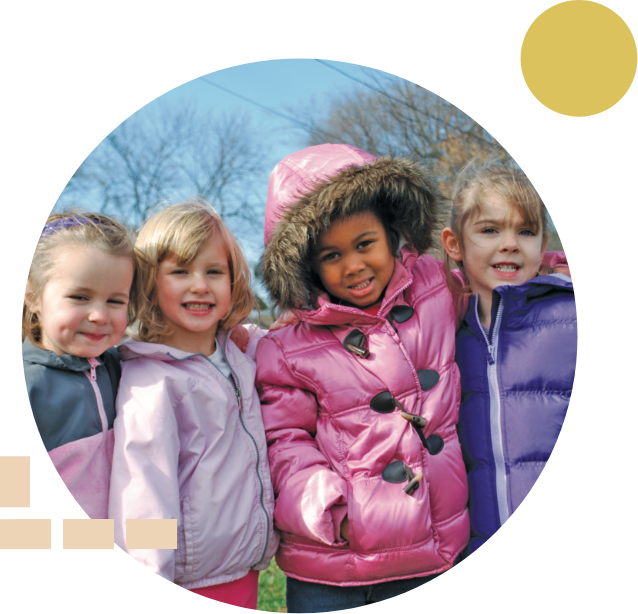Welcome to EC3



In early childhood, children learn and develop best when they receive individualized attention and supervision from knowledgeable caregivers. At EC3, we intentionally keep our class sizes smaller than what is allowed by licensing standards because we want to enhance each child’s development and give each family the service and attention they deserve.

EC3 was founded on the principle that good educators are, themselves, lifelong learners, and we maintain that standard nearly 40 years later. Almost all members of its teaching staff have Associates or Bachelors degrees in early childhood education, and regular training on best practices is delivered through in-service and seminar-based classes.

EC3 is a 501(c)(3) nonprofit family cooperative, formed by a group of parents who have organized to provide children a quality early childhood educational program. Families in the greater Lansing area are welcome to enroll children aged six weeks to five years, and to participate in the governance and activities of the EC3 community.





Support from our generous community of donors enables us to go the extra mile for our children. Your gift allows us to make important capital improvements, offer professional development for our staff, and increase our outreach on behalf of quality early learning.